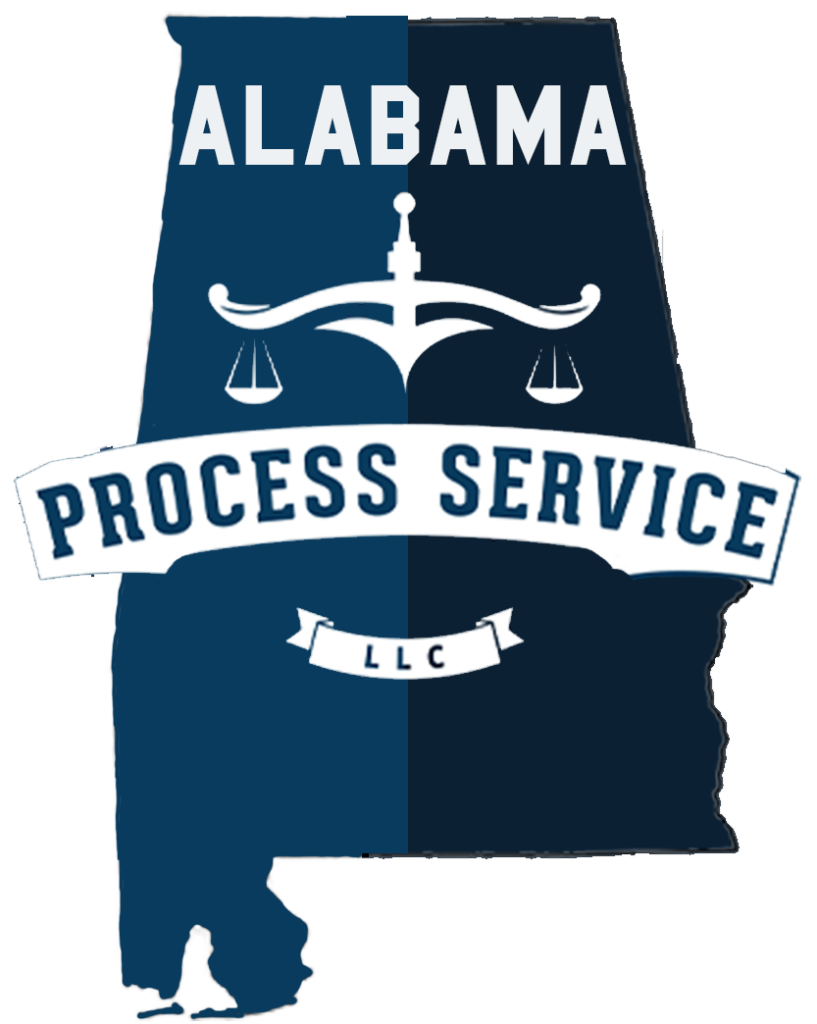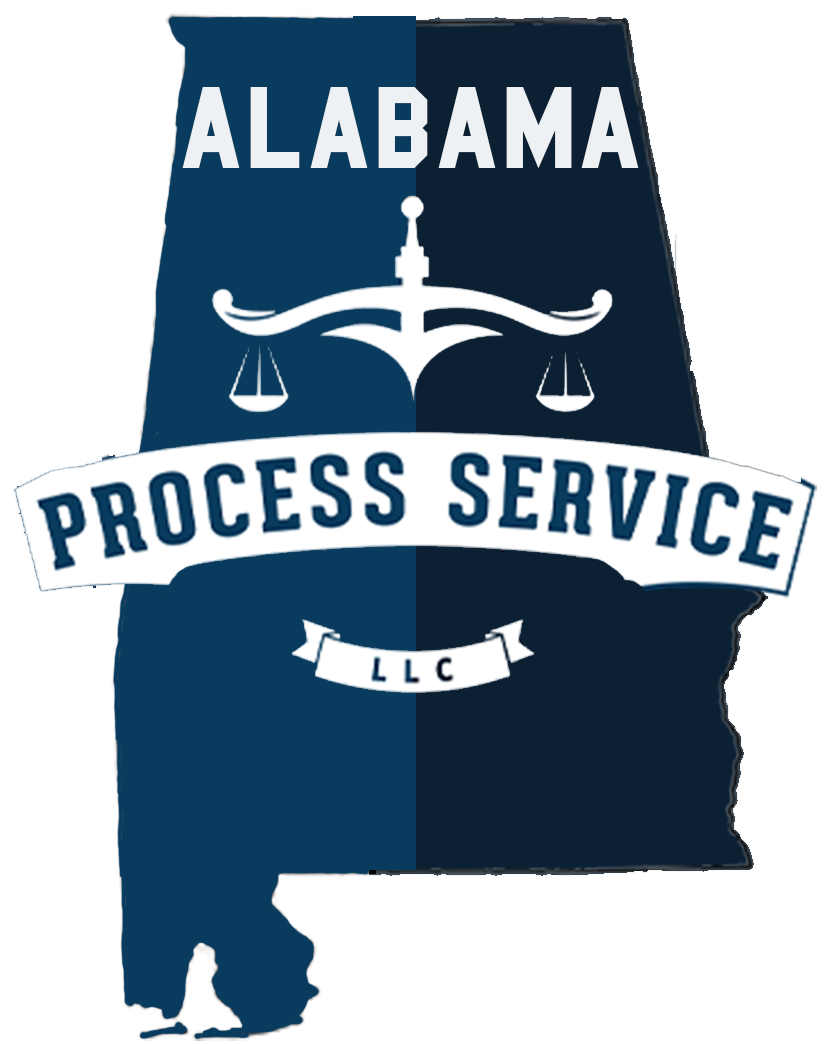Title: The Evolution of Process Serving in Huntsville: The Impact of Technology
In the legal industry, process serving plays a crucial role in ensuring that due process is served and legal proceedings move forward smoothly. Huntsville, Alabama, is no exception, and with the advancement of technology, the process serving landscape in the city has undergone significant changes. In this blog post, we will explore the role of technology in process serving in Huntsville and how it has revolutionized the way legal documents are served.
Traditionally, process serving involved physically delivering legal documents to individuals or entities involved in a legal case. This method often posed challenges, such as locating the recipient, ensuring timely delivery, and maintaining accurate records of the service. However, with the integration of technology, these challenges have been mitigated, making the process more efficient and reliable.
One of the key technological advancements that have transformed process serving in Huntsville is the use of GPS tracking and electronic proof of service. Process servers now have access to mobile apps and software that enable them to track their location in real-time, record the date and time of service, and capture photographic evidence of the delivery. This not only ensures the validity of the service but also provides irrefutable proof in case of any disputes regarding the delivery of legal documents.
Moreover, the use of electronic databases and online portals has streamlined the process serving workflow in Huntsville. Law firms and legal professionals can now submit service requests online, track the status of their documents, and receive real-time updates on the progress of the service. This level of transparency and efficiency has significantly improved communication between all parties involved in the legal process, leading to quicker resolutions and reduced delays.
Another technology-driven innovation that has enhanced process serving in Huntsville is the use of electronic signatures. With the widespread adoption of electronic signature platforms, recipients can now sign for the receipt of legal documents electronically, eliminating the need for physical signatures and paper-based documentation. This not only simplifies the process but also ensures that all deliveries are securely documented and archived for future reference.
In conclusion, the role of technology in process serving in Huntsville cannot be understated. The integration of GPS tracking, electronic proof of service, online portals, and electronic signatures has revolutionized the way legal documents are served, making the process more efficient, reliable, and transparent. As technology continues to advance, we can expect further innovations that will further streamline the process serving industry and contribute to the overall efficiency of the legal system in Huntsville.

